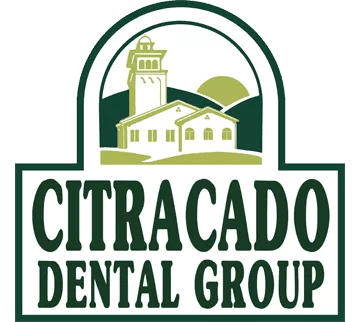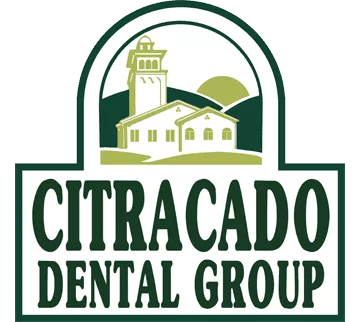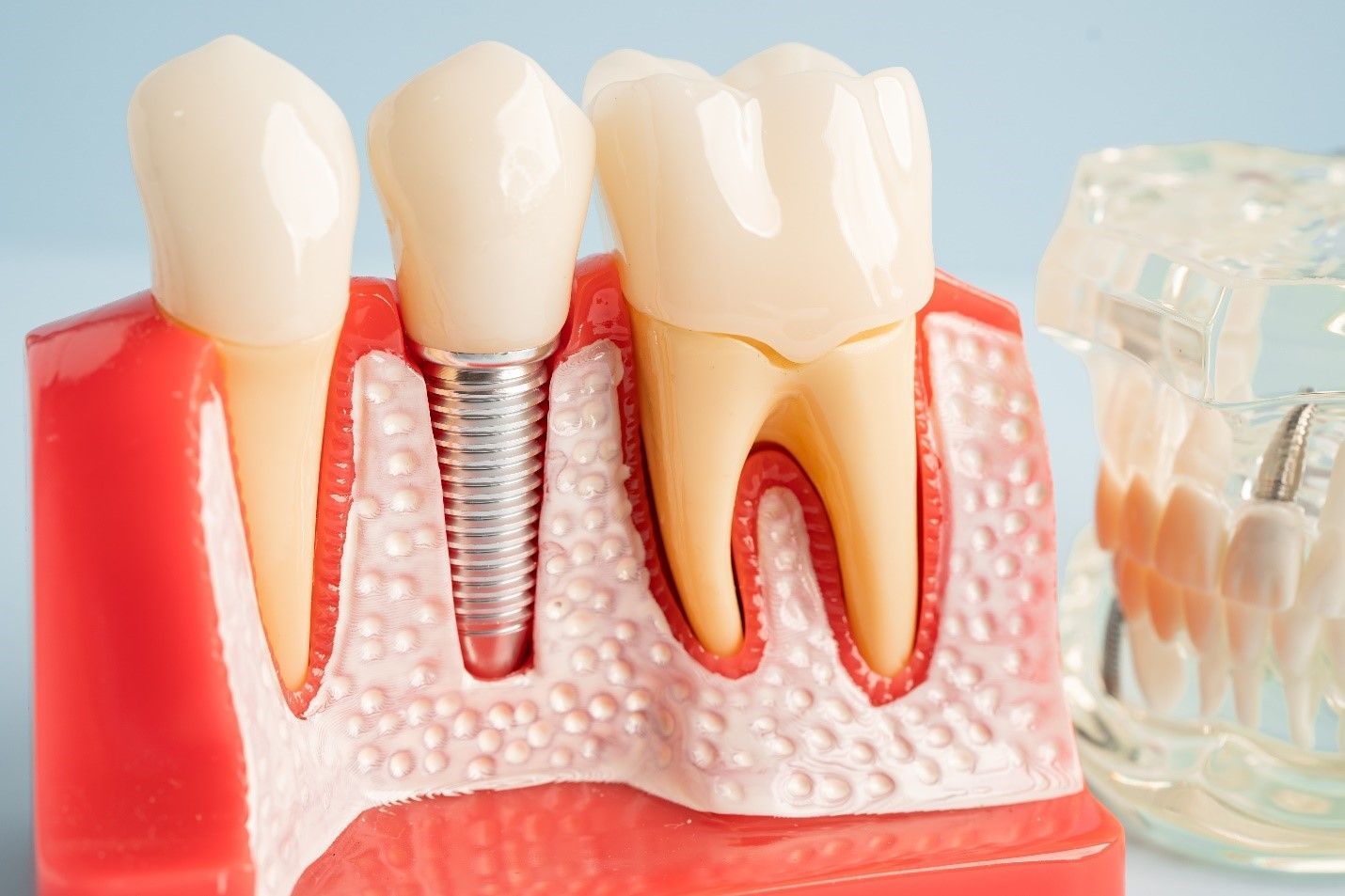5 THINGS TO AVOID THAT WILL DAMAGE YOUR TEETH

Obviously, not brushing or flossing your teeth is a road no one wants to travel.
But there other bad habits that can leave you vulnerable too.
Everyday activities you might not be paying attention to can lead to permanent damage and oral health complications. Here are five things you should absolutely avoid at all costs to maintain healthy teeth and gums.
Eating too many sweets
With the big holiday just around the corner, it’s easy to forget that eating sweets in excess can be harmful on multiple fronts.
Treats that contain high levels of sugar can result in plaque buildup, which carry bacteria that can further damage tooth enamel and lead to cavities and tooth decay
If you must indulge in your favorite sweets, make sure to always rinse or brush your teeth afterward to wash away sugar.
Smoking nicotine products
With so many cigarette and smoking products on the market, it’s important to remember that smoking is synonymous with a large range of health complications, including oral ailments.
Smoking is a major cause of tooth discoloration, gum disease, plaque and tarter buildup and can also result in tooth loss. In addition, poor gum health is also linked to other disease that go beyond oral health.
Even vaping devices are known to harm gums because they restrict blood flow to important oral tissues.
Eating ice
For some, eating ice is a great way to chip away at some stress — but it can also chip away at your teeth.
While it may seem harmless, eating ice can be risky and can unexpectedly crack or chip teeth. As an alternative, consider a stick of gum instead.
Biting your fingernails or …
Using your teeth as a tool for biting your fingernails or opening a package is a big no-no. We’ve all done it, but it’s a poor practice for protecting your teeth.
Whether you’re trying to snip away at a fingernail or open a package, this practice is a recipe for disaster. Protect your pearly whites from damage, enamel erosion or chipping by using scissors or a tool other than your teeth.
Holding out on regular visits
If you’re not seeing your dentist on a regular basis, you are putting your oral health at risk.
While you may not feel any pain and have kept up with regular brushing, it’s important to go in for an oral examination and regular cleaning.
Keeping your scheduled dental visits is critical and can prevent bigger dental issues before they become something way more painful.
QUICK MENU
RECENT POSTS






